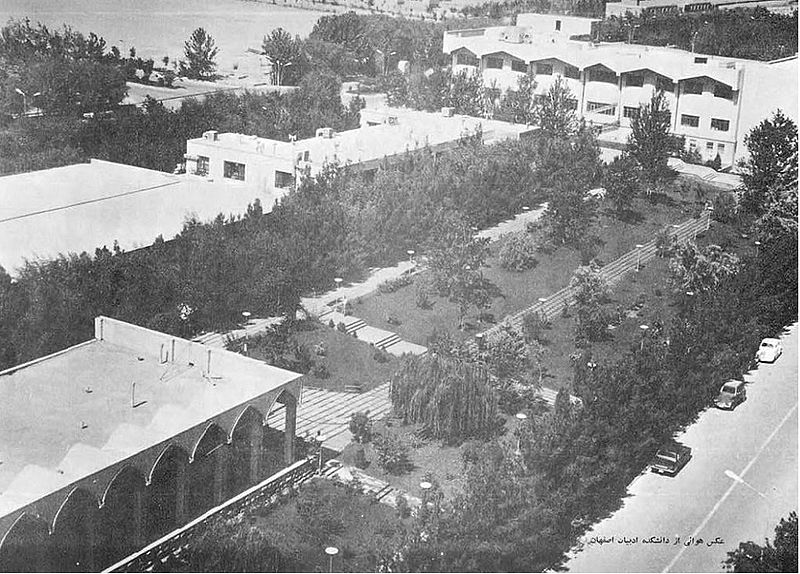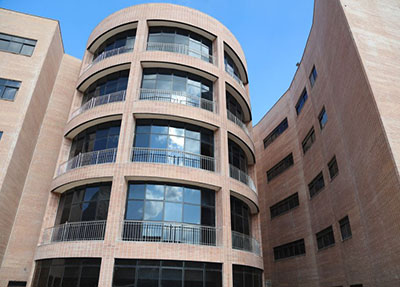One of the oldest Iranian institutions of higher education, University of Isfahan was established in 1946. During 1950-1958, the university
was developed by the establishment of the faculties of Medical Science and
Pharmacy.
While the first
board of trustees was formed, the university played an outstanding role in
popularizing and learning social sciences and humanities in Iran by establishing
the faculties of Literature and Foreign Languages including the departments of
Persian Language and Literature, English, French, Armenian Language, Arabic,
Geography, History, and Social Science from 1958 to 1968.
Faculties of Administrative Sciences and Economics, Faculty of Dentistry,
Institute of Horticulture Science, and Faculty of Education including the
departments of Philosophy and Psychology were the next faculties and institutes
established from 1969 to 1976.

After the Islamic revolution in Iran in 1979, the higher education system
evolved and from 1979 to 1986 the faculties of Medical Science (Healthcare,
Nursing, Medicine, Pharmacy, and Dentistry) were transferred to Isfahan
University of Medical Science. The faculty of Foreign Languages was also
separated from the Faculty of Literature and Foreign Languages as an
independent Faculty.
From 1986 to 1996, the university was developed further by establishing the
faculties of Physical Education, Sciences, and Engineering.
From 1996 to 2010, while the university entered the new millennium, virtual
learning was started and developed in many courses. Faculties of Advanced
Sciences and Technologies, Theology, Transportation Engineering, Geographical
Sciences and Planning were also established during this period.

From 2010 to 2021, two new campuses were established in Khansar and Shahreza.
Faculties of Civil Engineering and Transportation, Biological Science and
Technology, Mathematics and Statistics, Chemistry, Physics, and Computer
Engineering were also established during this period.
Today, University of Isfahan counts 17000 students, 56 scientific
associations, 6 centers of excellence, 10 research institutes and research
centers, 35 active research groups, more than 200 training and research
laboratories in addition to the central laboratory, 40 technology and
knowledge-based units, 9 libraries and reading rooms in addition to the central
library, more than 1000 published
articles and books nationally and internationally, and more than 250
memorandums of understanding and agreements on scientific and educational
cooperation with international organizations, foreign universities and research
centers in Europe, Asia, North and South America, and Africa.
University of Isfahan seeks to develop cooperation with representatives of
scientific and academic communities, universities, and public and private
organizations around the world. The doors of Isfahan University are open to overseas
applicants, students, interns, and lecturers.